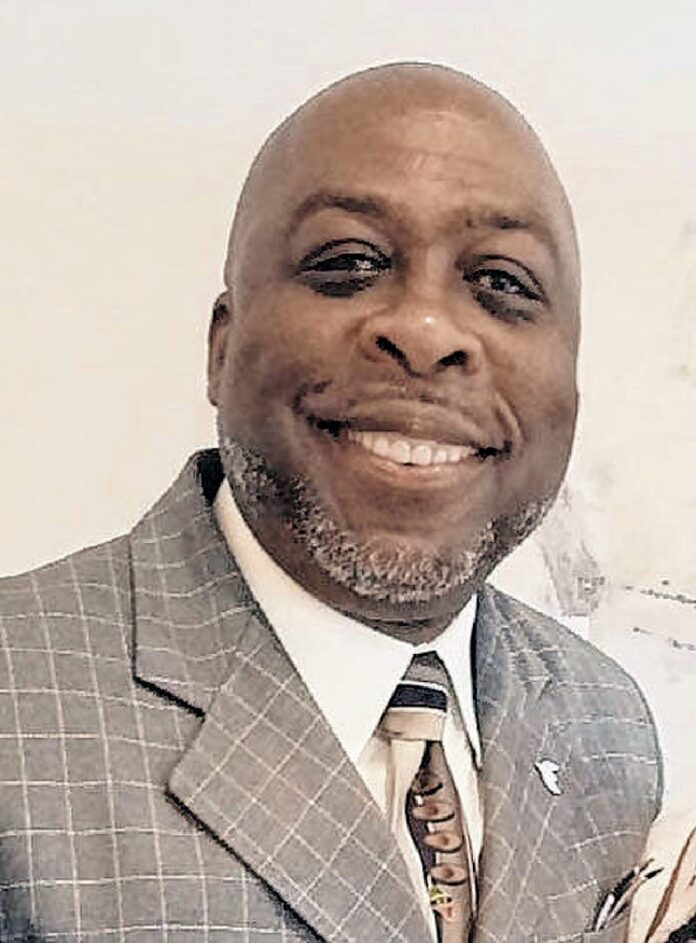By Theodore A. Griffin
Who can doubt that we are living in a post-truth society? The prophet Isaiah’s lament, thousands of years ago, that “righteousness stands far away; for truth has stumbled in the public squares” is not untrue of modern society. That might have been what prompted James Russell Lowell to declare, “Truth forever on the scaffold, wrong forever on the throne…”
Truth be told, truth has too often been sacrificed on the altars of expediency, loyalty to a political party, or even personal gain. And that never happens without us bowing down to a deity of our own making.
In his book “Subverting Global Myths: Theology and the Public Issues Shaping our World,” Vinoth Ramachandra defines idolatry as prostration before surrogate deities, which claim our total allegiance.
He unmasks our preoccupation with national security, market forces, technology, economic growth, and patriotism as deities of human creation, and our prostration before them as nothing less than idolatry.
This propensity toward idolatry, he claims, is endemic to all individuals, societies, and nations, and is sustained by myths, which engage our imaginations and shape our worldview. The “telling and retelling” of these narratives succeeds in giving meaning to our lives, often at the expense of truth.
To dismiss the author’s claim as the anti-imperialistic rant of a liberal third-world critic is to negate its gripping truth. Challenging our tendency to confine idolatry to a materialistic framework, Ramachandra pushes us to spread a broader net that includes our ideologies (what we believe to be true). Idolatry is rooted in fear, which is antithetical to “Biblical hope” in God’s sufficiency. The fearful eventually become “captive to the merchants of fear and death.”
Our ideologies are the byproduct of idolatry. David Koyzis, in his book “Political Visions & Illusions,” posits that every ideology mimics Biblical idolatry in that it takes something out of creation, raises it above that creation, makes creation revolve to serve it, and attributes to it the capacity to save us from some real or perceived evil in the world.
Narratives, then, play a significant role in the shaping of communities. Telling and retelling the same stories serves to bind a community together in solidarity with one another. Ideologies often cloak themselves in a “pseudo-redemptive narrative,” which approximates and even competes with the Biblical story of redemption.
Therein, then, lies the explanation for the political conundrum in which, election cycle after election cycle, we continue to invest so much emotional capital in finding a political savior who can rescue the economy, appoint Supreme Court judges or change our nation’s moral trajectory. It is so easy for us to prostrate ourselves before surrogate deities.
Conspiracy theories about our recent federal elections and the COVID-19 pandemic have been catapulted to the forefront of national discourse. Those pedaling in these myths have often resorted to fearmongering that is devoid of scientific data, the intent being to secure a political outcome.
It is frightening to see how the wholesale imbibing of these myths has influenced some into attempting an insurrection, refusing a potentially life-saving vaccine, or opposing an innocent mask.
As a leader in a community that is prone to such ideologies, I recognize the need to bring the bright light of the truth of the gospel to bear on these false narratives. The truth is that God is truth, and there is no darkness in him. God is still looking for people who are committed to the truth. Let us join the apostle Paul in exclaiming, “Let God be true, and every man a liar!” (Romans 3:4).
The Rev. Theodore A. Griffin is lead pastor at Brown’s Chapel Wesleyan Church in Greenfield. This weekly column is written by local clergy members. Send comments to dr-editorial@ greenfieldreporter.com.




